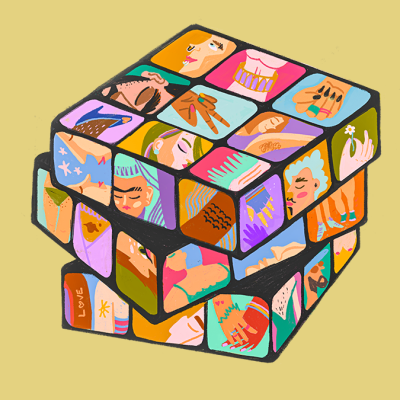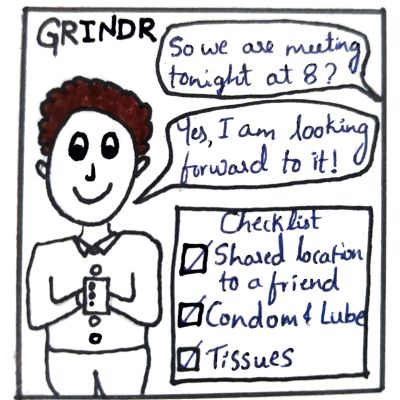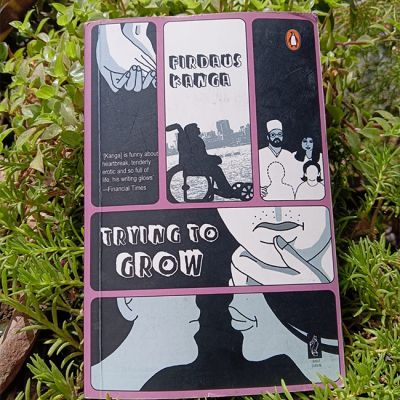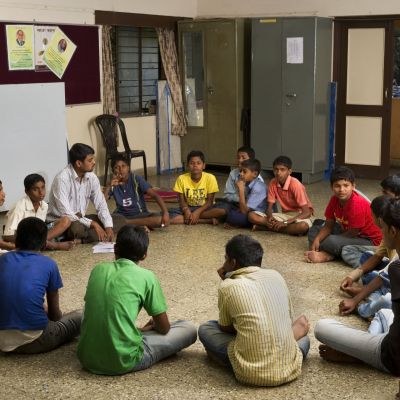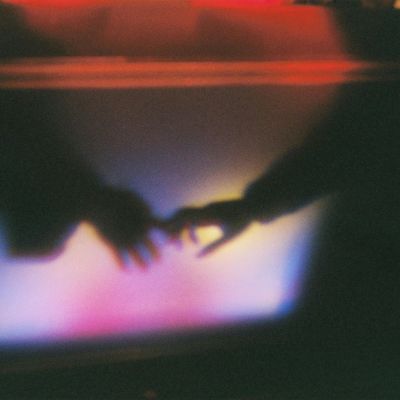LGBTQIA
It’s time to scrape off the thick dark crusts of carelessly slapped-on murky hues of toxic masculinities and to bring out the brushes and the paints to paint masculinities in their true and glorious colours of life, freedom and love.
Even her talking to other men elicits a growl from these men, and it’s all supposed to be okay because they’re billionaires and 6’5 feet tall or something, oh and did I mention the abs?
Apart from the masculinity portrayed in commercial films with heterosexual tropes, Bollywood has produced movies portraying distorted female masculinity.
Z is forced to wear the mask of masculinity, a mask made of the various tropes of stereotypical masculine energy…
The novel turns the idea of masculinity on its head through the story of Brit, a boy who is as sharp as he is fragile. Born with osteogenesis imperfecta, Brit’s bones break easily, but his spirit doesn’t.
Masculinity is like a script given to boys early in their lives. There is a constant pressure to fit into the box of toughness, and be silent and dominating. But what if we all rewrite this script?
पितृसत्ता ने मर्दानगी को विषमलैंगिकता और यौनिक वर्चस्व से जोड़ा है, जिससे पुरुषों पर ‘सच्चा मर्द’ बनने का दबाव बढ़ता है। यह न केवल समलैंगिक और द्विलैंगिक पुरुषों को हाशिए पर डालता है, बल्कि विषमलैंगिक पुरुषों के लिए भी यौनिक अभिव्यक्ति को सीमित करता है।
एक आदमी होने का मतलब है काफी कुछ भी अपने काबू में रखना। अपना व्यवसाय, अपनी भावनाएं, अपना घरबार, और खासकर अपनी यौन ज़िंदगी।
Looking down upon the earth from many miles up in the sky, the divisions between land masses and water bodies…
Language can be a limiting thing when it alone is considered to be the marker of success or failure in intimate spaces. Sometimes we get stuck on what is said and fail to notice what is done in relationships. At other times, denial of a need, request, or crossing of one boundary can make us feel like the entire relationship has lost its value.
Intimacy can never thrive in an environment of rigid certainty. Intimacy requires surrender – not in the sense of submission – but in the willingness to be with another person without detachment or defences.
The language of consent is not neutral. It is rigid where it should be nuanced, malleable where it should be firm. Yes is an all-encompassing spirit, ever-expanding; No is frustratingly constricted, barely visible.
शहरी स्थानों को पुनः प्राप्त करने के लिए, सार्वजनिक स्थानों पर प्यार और रोमांस की पुलिसिंग या निगरानी के कई पहलुओं को देखना महत्वपूर्ण है
The sheer ignorance of the intricacies of consent, or its performance, serves only to strengthen the enduring patriarchal framework that holds sway in a society where the bodies, desires, and even voices of women have been, and, tragically, continue to be, defined and controlled by men.
Consequently, a “yes” – whether verbal or gestural – cannot be shallowly inferred as an authentic, unambiguous, and static agreement to a “contract” proposed by men.
… when they believed we were of the right age to marry, they urged us to “leave everything behind and get settled”. When marriage is considered such an important institution in our society, why not teach us about consent as well?

